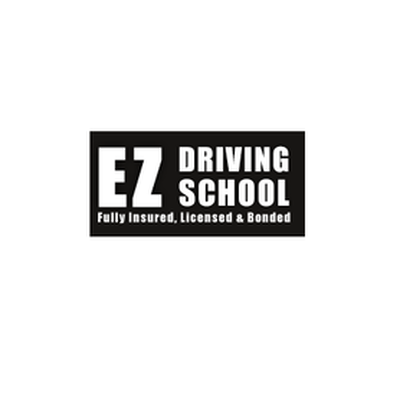How to Schedule and Pass the DMV Virginia Road Test Successfully
Body
Passing the DMV Virginia road test is a major milestone for anyone looking to get their driver's license. Whether you're a first-time driver or someone relocating from another state, it's essential to understand the process, requirements, and best practices to ensure you pass on your first attempt.
In this guide, we'll cover everything you need to know, from DMV schedule road test appointment details to tips for acing the test with confidence.
Understanding the DMV Virginia Road Test
The DMV Virginia road test is designed to assess your ability to operate a vehicle safely and follow traffic laws. It evaluates your skills in various driving situations, including:
Starting and stopping smoothly
Obeying traffic signals and signs
Parallel parking and three-point turns
Checking mirrors and blind spots

Lane changes and merging safely
Following speed limits and road markings
To take the test, you must meet certain eligibility requirements, including passing the written knowledge exam and completing any required behind-the-wheel training.
How to Schedule a DMV Virginia Road Test Appointment
To ensure a smooth process, you must schedule your road test in advance. The DMV schedule road test appointment system allows you to book a slot at a time and location that works best for you. Follow these steps:
1. Check Eligibility
Before scheduling, ensure you meet these requirements:
Have a valid learner’s permit for at least 60 days (if under 18)
Complete a state-approved driver’s education program (if applicable)
Have proof of completed practice hours (45 hours for minors)
2. Visit the Virginia DMV Website
Go to the official Virginia DMV website and locate the “Road Test Appointments” section.
3. Choose a Location and Date
You’ll be prompted to select a DMV office where you’d like to take your test. Popular locations may have longer wait times, so book as early as possible.
4. Provide Necessary Information
You’ll need to enter:
Your learner’s permit number
Full name and contact details
Preferred test date and time
5. Confirm and Prepare for Test Day
Once your DMV schedule road test appointment is confirmed, you’ll receive an email or confirmation number. Keep this information handy for check-in.
What to Bring on the Test Day
Arriving prepared is key to a stress-free testing experience. Make sure to bring:
Your valid learner’s permit
A properly insured and registered vehicle
A licensed driver (if required)
Your appointment confirmation
Any additional paperwork required by the DMV
The vehicle must be in good condition, with working lights, brakes, turn signals, and seat belts.
Tips to Pass the DMV Virginia Road Test
1. Practice Regularly
Consistent practice helps build confidence. Drive in various conditions, including highways, residential areas, and intersections.

2. Master Parking Techniques
Parallel parking and three-point turns are key components of the test. Use cones or markers to practice these skills in a safe area.
3. Obey All Traffic Laws
Examiners will assess your ability to follow speed limits, stop signs, and signals. Make sure to yield when necessary and always check blind spots.
4. Stay Calm and Focused
Nervousness can lead to mistakes. Take deep breaths, focus on the road, and listen carefully to the examiner’s instructions.
5. Know Your Vehicle
Before the test, adjust mirrors, seats, and steering for comfort. Familiarize yourself with the car’s controls, including turn signals and windshield wipers.
What Happens If You Fail?
If you don’t pass, don’t worry! The Virginia DMV allows you to retake the test after a waiting period. You may need to schedule another DMV schedule road test appointment, so check with your local office for specific rules.
Final Thoughts
Passing the DMV Virginia road test is an achievable goal with proper preparation and practice. By understanding the process, scheduling your test early, and refining your driving skills, you’ll increase your chances of success.
Ready to book your test? Visit the Virginia DMV website today to secure your appointment and start your journey toward becoming a licensed driver!







Comments